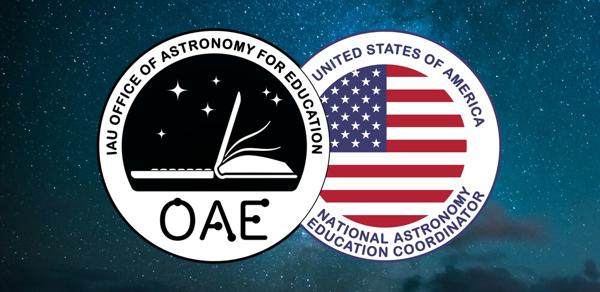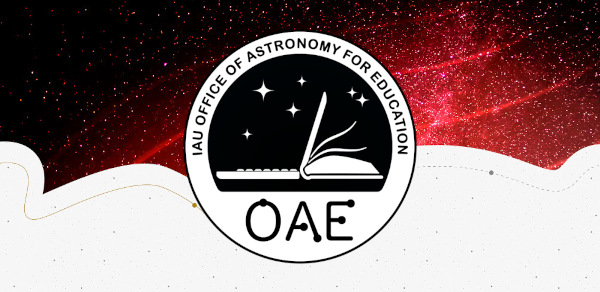Glossarbegriffe: Temperatur
Description: In einem physikalischen System, das sich im Laufe der Zeit "eingependelt" und ein sogenanntes thermisches Gleichgewicht erreicht hat, hat jede Art von Veränderung, die das System vornehmen kann (jeder "Freiheitsgrad"), im Durchschnitt die gleiche Energie. Die Temperatur des Systems ist ein Maß dafür, wie groß diese durchschnittliche Energie ist.
Die Temperatur ist in allen naturwissenschaftlichen Disziplinen und in den meisten Bereichen des täglichen Lebens von Bedeutung. Die gebräuchlichsten Temperaturskalen sind die Celsius-Skala (bezeichnet als °C), die Fahrenheit-Skala (bezeichnet als °F) und die Kelvin-Skala (bezeichnet als K). Letztere wird vor allem für wissenschaftliche Zwecke verwendet. Die niedrigste theoretische Temperatur ist der absolute Nullpunkt (0 K = -273,15 °C), bei dem einem Körper keine Wärmeenergie mehr entzogen werden kann. Im Kern von Sternen liegt die Temperatur bei über 10 Millionen K, während sie in kalten Molekülwolken aus interstellarem Gas lediglich 10 K betragen kann.
Zugehörige Glossarbegriffe:
See this term in other languages
Term and definition status: The original definition of this term in English have been approved by a research astronomer and a teacher The translation of this term and its definition is still awaiting approval
The OAE Multilingual Glossary is a project of the IAU Office of Astronomy for Education (OAE) in collaboration with the IAU Office of Astronomy Outreach (OAO). The terms and definitions were chosen, written and reviewed by a collective effort from the OAE, the OAE Centers and Nodes, the OAE National Astronomy Education Coordinators (NAECs) and other volunteers. You can find a full list of credits here. All glossary terms and their definitions are released under a Creative Commons CC BY-4.0 license and should be credited to "IAU OAE".
Related Activities
Oceans As A Heat Reservoir
astroEDU educational activity (links to astroEDU website) Description: Why do oceans play an important role in mitigating global warming?License: CC-BY-4.0 Creative Commons Namensnennung 4.0 International (CC BY 4.0) icons
Tags: Life , Climate change , Oceans , heat Age Ranges: 12-14 , 14-16 , 16-19 Education Level: Middle School Areas of Learning: Modelling , Social Research , Traditional Science Experiment Costs: Medium Cost Duration: 1 hour 30 mins Group Size: Group Skills: Analysing and interpreting data , Constructing explanations , Developing and using models , Engaging in argument from evidence , Planning and carrying out investigations








